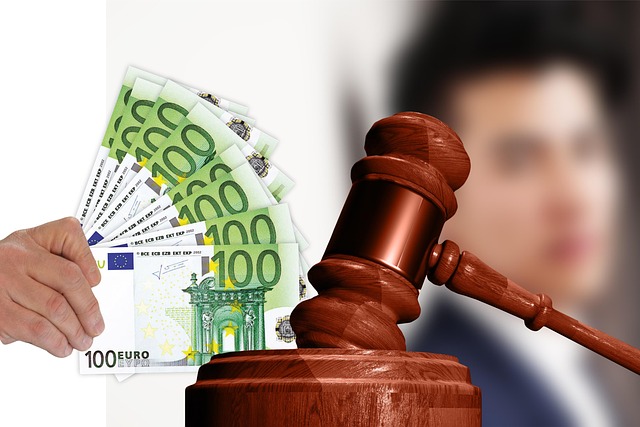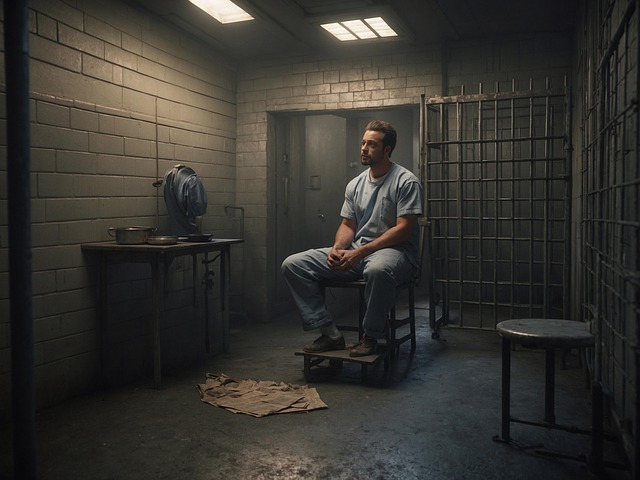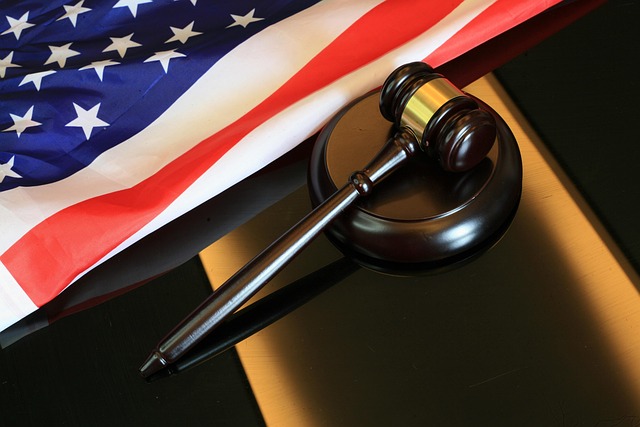Prosecutor strategies in the plea bargaining process play a pivotal role in consumer protection suits, balancing justice with efficiency. By negotiating reduced charges or alternative resolutions, prosecutors can expedite legal processes, uncover broader financial networks, and protect consumers from future harm. This is especially crucial in complex white-collar crimes where strategic tactics, leveraging evidence and law, encourage cooperative testimony and secure admissions of guilt without lengthy trials. High-profile cases highlight the impact of these strategies, serving as deterrents and setting legal precedents.
In the dynamic landscape of consumer protection, understanding legal frameworks is paramount. This article delves into the intricate world of consumer protection suits, elucidating key components essential for both prosecutors and consumers alike. From grasping the underlying rationale of these laws to navigating the plea bargaining process, we explore strategic insights. Learn about the prosecutor’s role, effective negotiation tactics, and significant case studies showcasing the impact of successful consumer protection initiatives. Uncover powerful strategies in the plea bargaining process, empowering stakeholders to protect rights and foster fair market practices.
- Understanding Consumer Protection Laws and Their Rationale
- The Plea Bargaining Process: A Step-by-Step Overview
- Prosecutor's Role and Strategies in Plea Bargains
- Negotiation Tactics for Effective Plea Bargaining
- Case Studies: Notable Consumer Protection Suit Outcomes
Understanding Consumer Protection Laws and Their Rationale
Consumer protection laws are designed to safeguard individuals from unfair business practices and ensure a level playing field in the marketplace. These regulations aim to prevent companies from engaging in deceptive acts, such as misrepresenting product quality or price, hiding important information, or exploiting consumers’ lack of knowledge. The rationale behind these laws is to empower consumers, promote ethical business conduct, and foster trust in the market. By holding businesses accountable, these laws encourage fair competition, protect vulnerable populations, and ultimately contribute to a more stable and equitable economic environment.
The prosecutor’s strategies in the plea bargaining process play a crucial role in shaping the outcome of consumer protection suits. Through negotiations, prosecutors may offer reduced charges or alternative resolutions, aiming for both justice and efficiency. This approach can be particularly effective when dealing with white-collar and economic crimes, where complex financial transactions and intricate legal networks often characterize the cases. By encouraging plea bargains, prosecutors can expedite the legal process, potentially leading to winning challenging defense verdicts while also allowing for a more comprehensive investigation of similar cases within the philanthropist and political communities.
The Plea Bargaining Process: A Step-by-Step Overview
The Plea Bargaining Process, a strategic dance between prosecutor and defendant, is a critical phase in Consumer Protection Suits. It begins when the prosecutor presents the case details, outlining alleged violations and potential charges. The defendant then has the opportunity to negotiate, often seeking to avoid indictment or mitigate penalties. This negotiation involves a back-and-forth, where the prosecutor strategizes with the aim of reaching a plea agreement that includes acceptable resolutions for both parties.
As the process unfolds, the prosecutor’s strategies in plea bargaining can vary. They might offer reduced charges or lesser punishments in exchange for a guilty plea, aiming to win challenging defense verdicts without the need for lengthy jury trials. Effective prosecution tactics include presenting compelling evidence, understanding consumer protection laws, and demonstrating the impact of the alleged violations—all while fostering a cooperative atmosphere that encourages a mutually beneficial agreement.
Prosecutor's Role and Strategies in Plea Bargains
In Consumer Protection Suits, the prosecutor plays a pivotal role in the plea bargaining process, employing strategic tactics to achieve desirable outcomes. Prosecutor strategies in plea bargaining focus on balancing justice with efficiency during all stages of the investigative and enforcement process. By carefully evaluating evidence and negotiating with defendants’ lawyers, prosecutors aim to reach agreements that secure admissions of guilt without lengthy trials. This approach is particularly crucial when dealing with white collar and economic crimes, where complex financial transactions and subtle misdeeds can be difficult to prove in court.
Effective prosecutor strategies often involve offering reduced charges or sentencing recommendations in exchange for cooperative testimony or a complete admission of wrongdoing. Such tactics not only expedite the process but also enhance the potential for achieving extraordinary results. By incentivizing defendants to come forward and provide information, prosecutors can expose networks of fraudulent activities and ensure that businesses and consumers are protected from future harm.
Negotiation Tactics for Effective Plea Bargaining
In consumer protection suits, particularly high-stakes cases involving large corporations or influential individuals, negotiation tactics play a pivotal role in the plea bargaining process. Prosecutors employ various strategies to achieve favorable outcomes for their clients—a balance between justice and efficient resolution. One key tactic is leveraging the potential consequences of going to trial, including public scrutiny and severe penalties, to encourage settlements. This approach can be highly effective against corporate defendants who must also consider the impact on their brand reputation.
The prosecutor’s strategies in the plea bargaining process often involve offering incentives for early and cooperative resolutions. These may include reduced sentences or charges for companies that agree to implement significant changes in their business practices to prevent future violations. For individual clients, prosecutors might offer more lenient sentencing if they provide substantial assistance in uncovering a larger conspiracy or identifying other culpable parties. Such tactics not only streamline the legal process but also ensure that consumer protection remains a priority, fostering a fairer marketplace for all.
Case Studies: Notable Consumer Protection Suit Outcomes
In recent years, several consumer protection suits have garnered significant attention due to their high-stakes nature and far-reaching implications. These cases not only serve as powerful deterrents but also set precedents for future legal strategies. One notable example involves a national company accused of misleading marketing practices across the country. Through robust prosecutor strategies in the plea bargaining process, the district attorney’s office secured a complete dismissal of all charges against the corporation, sending a clear message to other businesses about the seriousness of consumer fraud.
Another compelling case study highlights a small but agile startup that successfully defended itself against allegations of data breach and privacy violations. The company’s proactive approach in engaging with prosecutors and presenting a strong defense led to a favorable outcome—a rare complete dismissal in high-stakes cases. This victory not only preserved the startup’s reputation but also demonstrated the importance of transparent communication and adherence to legal guidelines throughout the bargaining process.
Consumer protection suits play a vital role in safeguarding individuals from unfair business practices. By understanding the intricacies of consumer protection laws and employing effective negotiation tactics, prosecutors can secure significant outcomes for aggrieved parties. The step-by-step overview of the plea bargaining process, coupled with an examination of notable case studies, highlights the importance of strategic approaches. Prosecutor strategies in the plea bargaining process are key to ensuring that justice is served, consumer rights protected, and businesses held accountable for their actions.






